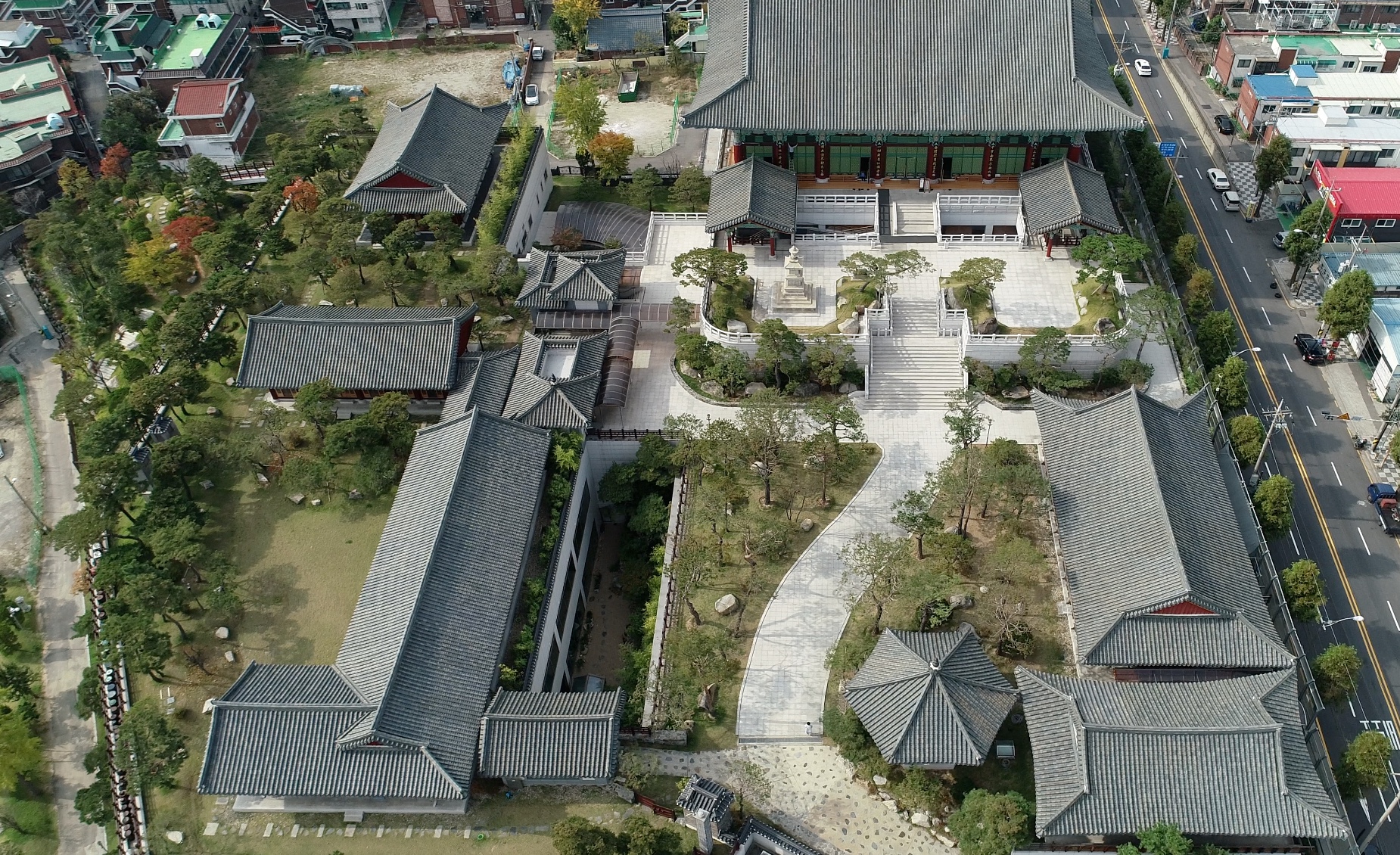A. The Purpose of son Buddhism
The purpose of son Buddhism is to apply son meditative practice techniques and gain enlightenment, direct perception of one’s own true nature, which in turn leads to the perfection of one’s ethical character. The son Buddhist practitioner ideally does not try to understand and build interpretations about the Buddha’s teachings and practices. He or she attempts instead to experience for him- or herself what the Buddha did in his enlightenment.Son Buddhist practice does not necessarily involve renouncing the secular world. It also does not require one to engage in complex rituals. Quite the opposite, the goal is to find and confront one’s fundamental nature here and now, in the midst of daily life in the ordinary world. Ultimately, the goal is not to create or develop something new. The aim is to discover for oneself what one truly is. To put it another way, one does not try to become a Buddha through son practice. One simply practices and the practice leads one to discover that one always was, is, and will be Buddha. Thus, son Master Lin-chi often asserted to his disciples, “You, in front of me here and now, listening to my Dharma discourse, are none other than the Buddha.” Accordingly, son Buddhism teaches us to ascertain what I really am, here and now.
B. “The Ordinary Mind Itself is the Tao”
Given, then, that the purpose of son Buddhism is to discover our original nature in the midst of daily life, we can appreciate why the famous Tang Dynasty Chinese son master, Ma-tsu Tao-i, famously declared, “The ordinary mind itself is the Tao.” (The word, “tao,” means “path” or “way” and is often used to denote the way of all things, in other words, truth.). It is important to understand here that Ma-tsu Tao-i’s “ordinary mind” does not refer to a state or kind of mind. Rather it refers to the fundamental nature of the ordinary mind. Thus, the “ordinary mind” that Ma-tsu Tao-i is talking about may be equated with the mind of the Buddha, the “Buddha-nature” (potentiality for achieving Buddhahood), the “seed of Buddhahood” (tathagata-garbha), and “suchness” (tathata) that are discussed in Mahayana Buddhist scriptural texts. Ma-tsu Tao-i’s “ordinary mind” is the clear and clean original nature of human beings that is described in different ways and for different purposes by those terms. Ma-tsu Tao-i’s direct and unadorned way of speaking may also be taken as a reflection of the Chinese cultural tendency to prefer straightforwardness and simplicity.
C. What is a son Patriarch?
A son patriarch is a person who has awakened to his or her original nature and lives according to that nature in daily life. A son patriarch, then, is simply a son term for a fully enlightened being. The stature of a son patriarch is equivalent to that of a buddha, bodhisattva, tathagata, and any other person considered to be perfectly enlightened. son Buddhism is often called Patriarchal son because it is considered the meditative practice (son) taught by enlightened beings (patriarchs).
